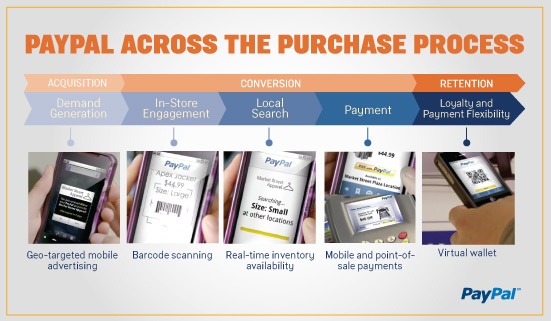CNN reports that internet payment giant PayPal is looking at an “aggressive changes” to its fraud detection systems which see thousands of customers accounts frozen every year.
PayPal’s announcement follows last year’s promise by CEO David Marcus to institute a “culture change” at the company,
Our intention has always been to protect our customers. Not to mess around with our merchants.
I want to share two things with all of you:#1 — there’s a massive culture change happening at PayPal right now. If we suck at something, we now face it, and we do something about it.
#2 — you have my commitment to make this company GREAT again. We’re reinventing how we work, our products, our platforms, our APIs, and our policies. This WILL change, and we won’t rest until you all see it. The first installments are due very soon. So stay tuned…
Screwing around merchants and buyers has become synonymous with PayPal and their parent company eBay who together are the poster children for the Silicon Valley Soviet Customer Service Model.
Reader comments to the CNN article cited at the beginning of this post give a taste of just how bad the problem is at PayPal.
Once your business attracts the attention of PayPal’s algorithms, you’re locked into a Kafkaesque maze of dead ends and arbitrary, made up rules.
To be fair to PayPal and eBay this problem isn’t just theirs, it’s shared by Google, Amazon and almost every major online company. Their view of customer service is to shoot first and ask no questions, they certainly won’t answer anything from their victim beyond a trite passive-aggressive corporate statement.
Part of the current Silicon Valley mania around web and app based services is that, along with providing free content, users will provide support for each other and that customer service is an unnecessary overhead which should be kept to a minimum.
In this respect, many of these new businesses are little different from the legacy airlines, telcos and declining department stores who have spent the last thirty years stripping away customer service with the result of locking them into shrinking commodity markets.
That failure to value customer service is the biggest weakness for companies like eBay, Amazon and Google. The very forces that favour them, the reduction of the entry barriers, also makes it easier for more customer orientated businesses to grab market share.
Just as Silicon Valley’s new businesses has challenged a whole range of incumbent operators, they too are at risk from upstarts who value their customers. This is something PayPal’s management can’t afford to forget.




